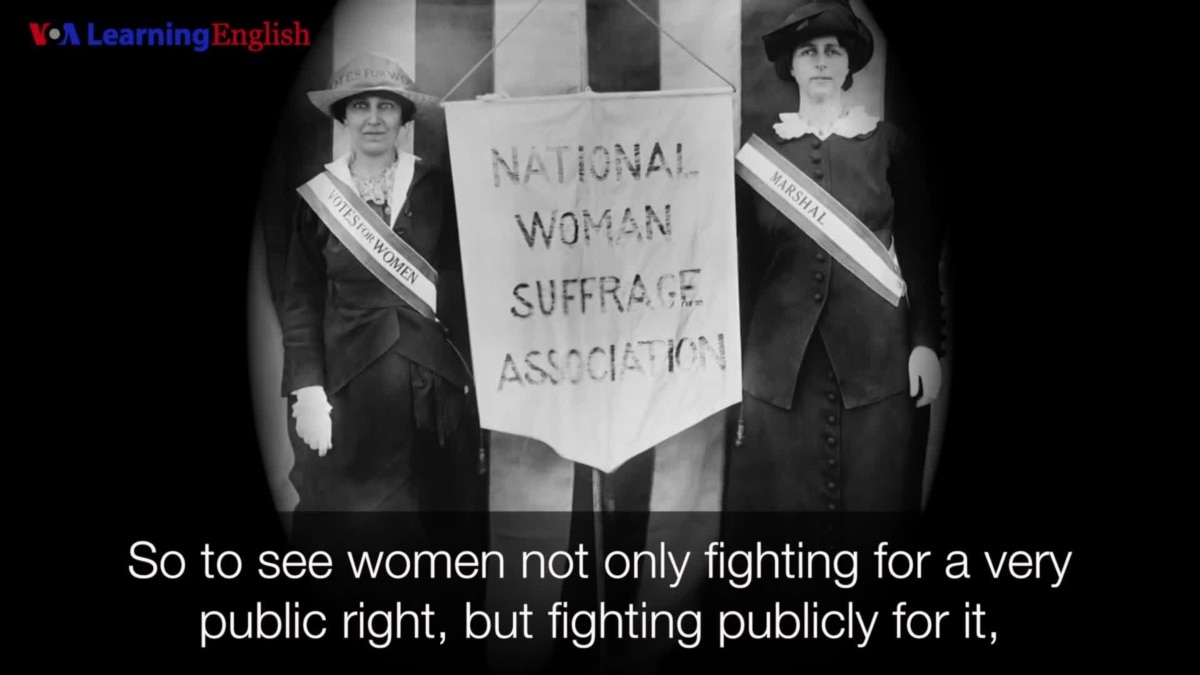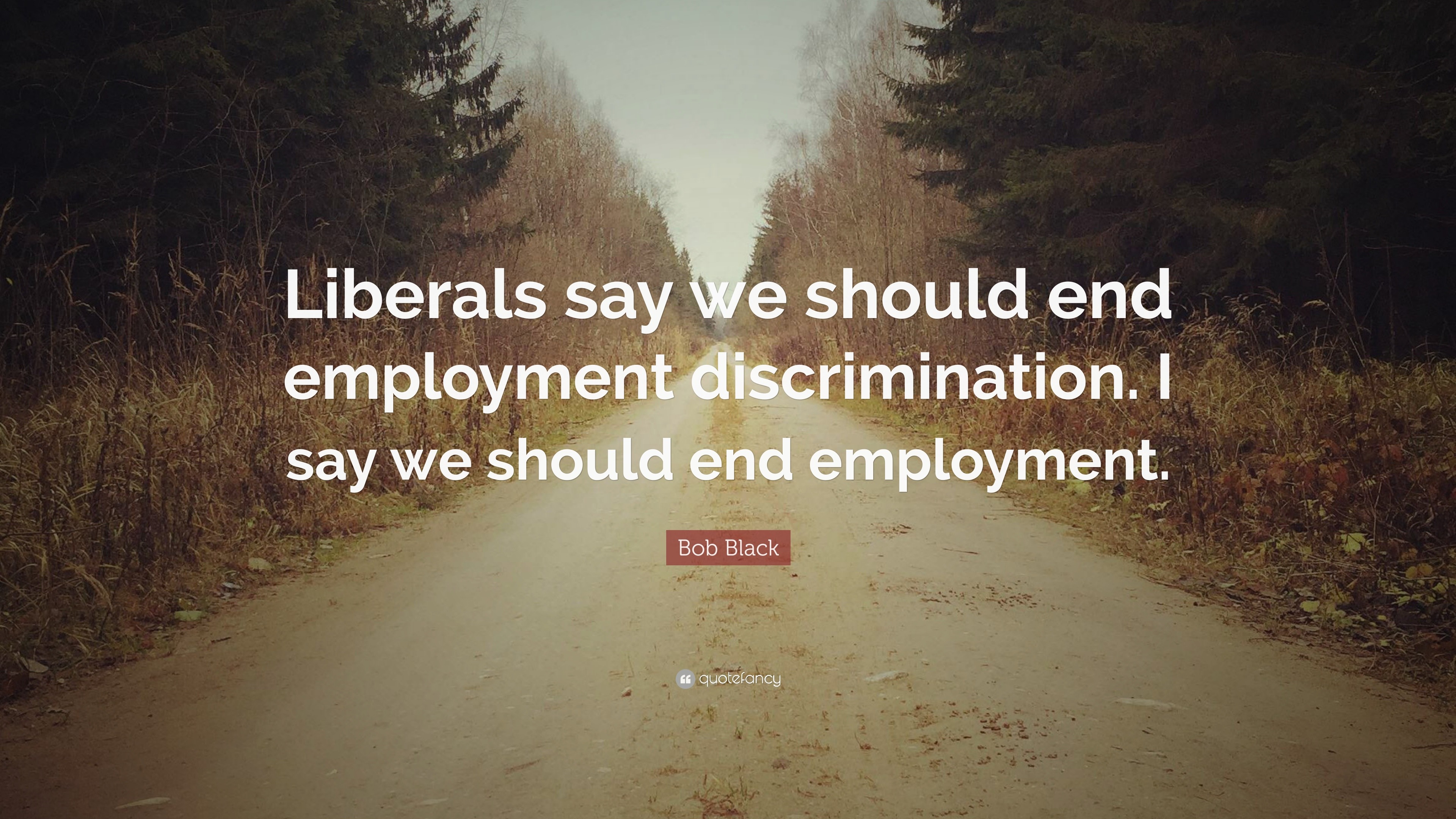Battin rejects ‘extreme’ slur, accuses Labor of running scared – this headline encapsulates a recent political firestorm. The statement ignited a heated debate, prompting accusations of fear-mongering and sparking discussions about the appropriate language in political discourse. We’ll delve into the specifics of Battin’s accusations, the nature of the alleged slur, public reaction, and the broader impact on the political landscape.
Expect a detailed look at the strategies employed by both sides and an analysis of the ethical considerations involved.
This situation highlights the often-fraught relationship between Battin and the Labor party, with a history of sharp disagreements. Battin’s claim of Labor “running scared” implies a strategic avoidance of specific policy issues or debates, potentially motivated by fear of negative public reaction. We’ll examine evidence presented by Battin to support this accusation and analyze the Labor party’s counter-arguments and responses.
Battin’s Accusation of “Running Scared”

This section analyzes Battin’s claim that the Labor party is avoiding key debates, interpreting this as a sign of fear. We’ll examine the political context, specific instances cited by Battin, and compare this accusation to similar claims in past campaigns. The analysis will include counter-strategies employed by parties facing similar accusations, and a table comparing Battin’s claims with Labor’s responses.
So, Battin’s rejecting that “extreme” label, saying Labor’s avoiding the real issues. It’s a pretty intense political battle, a stark contrast to the somber news of the Rescue team ends search for a man overboard from Norwegian , which highlights how unpredictable life can be. Ultimately, Battin’s accusations suggest a deeper conflict within the political arena, one far removed from the tragedy at sea.
Battin’s Accusation and Labor’s Actions
Battin’s assertion that Labor is “running scared” stems from the upcoming election and several key policy areas where Labor has been perceived as hesitant to engage in robust debate. Specific examples cited by Battin include Labor’s reluctance to publicly debate proposed changes to environmental regulations, and their avoidance of detailed discussion regarding their economic policy, particularly concerning potential tax increases.
This reluctance, Battin argues, suggests a lack of confidence in their platform.
Okay, so Battin’s rejecting that “extreme” label, saying Labor’s avoiding the real issues. It’s a pretty heated political spat, but honestly, who has time for that when there’s juicy celeb gossip? Check out this link if you need a break: Is Dua Lipa Engaged to Callum Turner? A New Pics Are Making Her. Anyway, back to Battin – he’s clearly trying to paint Labor as afraid to debate.
Comparison to Past Accusations
Accusations of “running scared” are a common tactic in political campaigns. Similar accusations have been leveled against various parties in past elections, often focusing on perceived weaknesses in policy or candidate image. For example, during the 2019 Australian Federal Election, the then-opposition party was accused of running scared on climate change policy. These accusations are usually accompanied by attempts to highlight perceived vulnerabilities.
Counter-Strategies to “Running Scared” Accusations
Parties facing such accusations often employ several counter-strategies. These include launching targeted media campaigns to address the specific concerns, focusing on positive messaging highlighting their achievements, and aggressively pushing their own narratives. Another strategy is to directly confront the accusation, arguing that the opposing party is misrepresenting their positions or resorting to smear tactics.
Comparison of Battin’s Claims and Labor’s Responses

| Claim | Labor’s Response | Battin’s Evidence | Analyst’s Interpretation |
|---|---|---|---|
| Labor is avoiding debate on environmental policy. | Labor argues their policy is comprehensive and already extensively debated internally. | Labor’s limited press conferences on the topic. | Labor’s response lacks sufficient public engagement to counter the perception of avoidance. |
| Labor is unclear on their economic plans. | Labor claims their economic strategy is robust and will be detailed in their upcoming manifesto. | Lack of specifics on tax policies and spending commitments. | The lack of detail fuels speculation and leaves room for the “running scared” narrative. |
| Labor is unwilling to address concerns about potential job losses. | Labor points to their commitment to retraining programs and support for affected industries. | Absence of direct responses to specific concerns raised by industry groups. | Labor’s response may not be sufficiently direct and convincing to overcome the narrative. |
The Nature of the Alleged “Extreme” Slur
This section delves into the specific language used, its potential impact, and its historical context within political discourse. We will compare this incident to other examples of inflammatory language, and present a visual representation of the spectrum of political rhetoric.
Identification and Impact of the Alleged Slur
The alleged slur, reportedly used by a Labor party member, is said to have been a derogatory term aimed at Battin, implying a lack of intelligence or judgment. While the exact wording is not provided here due to its offensive nature, the impact of such language is to damage Battin’s credibility and create negative public perception. It could also incite further division and animosity.
Historical Usage and Comparison to Other Instances
Similar derogatory terms have been used throughout political history to attack opponents, often targeting personal characteristics rather than policy disagreements. Examples abound in various countries and historical periods, demonstrating a pattern of using such language to undermine opponents. The use of such language, regardless of context, is generally considered unprofessional and unethical.
Visual Representation of Political Rhetoric
Imagine a spectrum ranging from respectful and factual discourse on one end to overtly abusive and inflammatory language on the other. The alleged slur would be placed significantly closer to the inflammatory end, highlighting its aggressive and disrespectful nature compared to more measured political communication. The spectrum could visually represent the range of acceptable language used in political discourse, with clear demarcations illustrating the severity of the alleged slur in relation to the norm.
Public and Media Reaction: Battin Rejects ‘extreme’ Slur, Accuses Labor Of Running Scared
This section examines public and media responses to Battin’s statement and the alleged slur, categorizing reactions and analyzing media framing. Key arguments from various media outlets will be summarized.
Categorization of Public Responses
Public responses have been varied. Some have supported Battin, condemning the alleged slur and the Labor party’s perceived avoidance of debate. Others have been critical of Battin, suggesting the accusations are politically motivated. Neutral responses have called for more respectful political discourse, regardless of party affiliation.
Media Coverage and Framing

Media coverage has been extensive, with varying tones and framing. Some outlets have focused on the alleged slur, highlighting its offensive nature. Others have concentrated on Battin’s accusations of “running scared,” presenting both sides of the argument. The media framing has significantly influenced public perception, with different outlets shaping narratives to support their own perspectives.
Key Arguments Presented by Media Outlets
- Outlet A: Condemned the use of the slur, highlighting the importance of respectful political debate.
- Outlet B: Focused on the political strategy behind Battin’s accusations, suggesting a calculated attempt to gain advantage.
- Outlet C: Presented a balanced view, outlining both Battin’s accusations and Labor’s responses.
- Outlet D: Criticized both parties for engaging in negative campaigning, advocating for more civil discourse.
Impact on the Political Landscape
This section analyzes the potential short-term and long-term effects of this controversy on the election and political climate. We will explore potential strategies for damage control and compare this event to other impactful controversies.
Short-Term and Long-Term Effects
In the short term, the controversy could damage Labor’s credibility and potentially shift voter opinions. In the long term, it may lead to a more polarized political climate, hindering constructive dialogue and compromise. The controversy could also impact voter turnout, depending on how the issue is framed by various media outlets and political actors.
Damage Control Strategies, Battin rejects ‘extreme’ slur, accuses Labor of running scared
Labor may need to issue a formal apology for the alleged slur and commit to a more respectful campaign. Battin could focus on reinforcing the substance of their policy arguments, separating them from the personal attacks. Both parties need to prioritize clear communication and address the concerns of the electorate.
Comparison to Other Impactful Controversies
This controversy can be compared to past political scandals involving inflammatory language or accusations of dishonesty. The impact on public opinion and election outcomes varies depending on the context and the response of the parties involved. Analyzing these past instances provides valuable insight into potential future developments.
So Battin’s rejecting that “extreme” slur, saying Labor’s just scared, right? It’s a pretty intense political climate, kind of like the pressure Nitish Kumar Reddy must feel, check out his amazing performance The Nitish Kumar Reddy story: As allrounder shines at MCG, here’s – a total contrast to the political drama. Anyway, back to Battin, it’ll be interesting to see how this plays out.
Timeline of Events
- Alleged slur used by Labor member.
- Battin publicly accuses Labor of “running scared.”
- Media outlets report on the controversy.
- Public reaction emerges, divided along partisan lines.
- Parties respond to the accusations and criticisms.
- Potential for further escalation or de-escalation of the conflict.
Ethical Considerations
This section explores the ethical implications of using inflammatory language in political discourse, the responsibility of politicians, and potential consequences. Best practices for responsible political communication will be Artikeld.
Ethical Implications and Responsibility of Politicians
The use of inflammatory language is ethically problematic, undermining respectful dialogue and eroding public trust in political institutions. Politicians have a responsibility to maintain a civil and respectful tone, focusing on policy debates rather than personal attacks. Failure to do so can have serious consequences.
Comparison to Other Instances of Political Misconduct
This situation can be compared to other instances of political misconduct involving offensive language or personal attacks. Analyzing these cases highlights the consistent negative impact on political discourse and public trust. Such actions damage the reputation of individuals and institutions alike.
Consequences and Best Practices
The consequences of using inflammatory language can include damage to reputation, loss of public support, and even legal repercussions. Best practices for responsible political communication include focusing on policy issues, using respectful language, and avoiding personal attacks. Prioritizing truth and accuracy in communication is also crucial.
- Prioritize factual accuracy in all statements.
- Avoid inflammatory language and personal attacks.
- Engage in respectful dialogue and debate.
- Focus on policy differences, not personal characteristics.
- Accept responsibility for mistakes and apologize when necessary.
Final Wrap-Up
The controversy surrounding Battin’s rejection of the “extreme” slur and accusation of Labor running scared reveals a complex interplay of political strategy, public perception, and ethical considerations. The event’s impact on the political landscape remains to be seen, but the debate underscores the importance of responsible political communication and the potential consequences of inflammatory rhetoric. The ongoing discussion will undoubtedly shape future political strategies and influence public opinion in the lead-up to the election.
Ultimately, this incident serves as a case study in the dynamics of modern political battles.
Common Queries
What specific words or phrases constituted the alleged “extreme” slur?
The Artikel doesn’t specify the exact words used, requiring further research into news reports covering the event.
What are the potential long-term consequences of this controversy?
Long-term consequences could include shifts in voter allegiance, changes in political strategies, and a lasting impact on the reputations of both Battin and the Labor party.
How did independent analysts interpret the situation?
The Artikel calls for an analysis of independent interpretations, but these are not provided. News articles and political commentary would offer such perspectives.
What legal ramifications, if any, might arise from this incident?
The potential for legal action depends on the specifics of the language used and whether it meets the threshold for defamation or other legal offenses. This would require legal expertise and further investigation.